
Oncology experts at PCOC 2025 discuss breakthrough therapies, AI-driven care, and evolving care delivery models shaping the future of oncology.

Oncology experts at PCOC 2025 discuss breakthrough therapies, AI-driven care, and evolving care delivery models shaping the future of oncology.
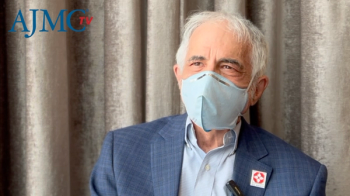
Patients beginning their cancer journeys should advocate for themselves and use support groups to help navigate survivorship challenges.
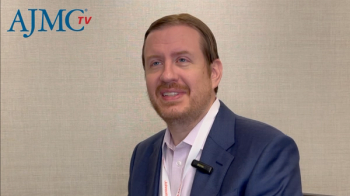
Payer contracts should incentivize the delivery of comprehensive, total-person cancer care, says Brian Mulherin, MD.

Many cancer survivors face ongoing physical and mental health challenges, which peer support and online resources can help address, says Brian Koffman, MDCM, DCFP, FCFP, DABFP, MSEd.

Despite systemic challenges, oncology practices use value-based care, community partnerships, and clinical trials to improve patient access and outcomes, says Brian Mulherin, MD.
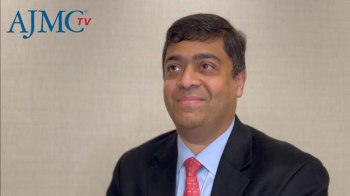
Vivek Subbiah, MD, says artificial intelligence (AI) should assist clinicians in precision oncology, not replace human decision-making.
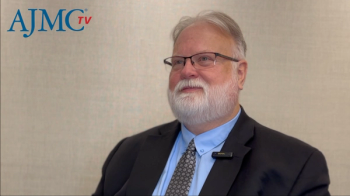
Artificial intelligence, automation, and expanded pharmacist roles help reduce administrative burdens, improve workflow, and support providers in delivering cancer care, according to Scott Soefje, PharmD, MBA, BCOP.

Artificial intelligence (AI) is expanding clinical trial access and enabling drug repurposing, according to Vivek Subbiah, MD.

Scott Soefje, PharmD, MBA, BCOP, discusses how remote patient monitoring and caregiver support enable safe outpatient delivery of bispecific antibodies and antibody-drug conjugates.
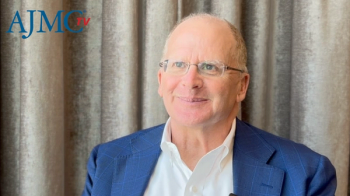
Stronger partnerships between primary care and oncology improve patient outcomes by ensuring coordinated care and addressing financial and systemic barriers, says Mark Fendrick, MD.
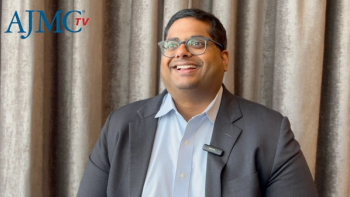
Reducing data silos and boosting transparency in oncology requires payer-provider trust and co-governance, according to Vishnukamal Golla, MD, MPH.

Five experts share their key takeaways from Patient-Centered Oncology Care® (PCOC) 2025, highlighting AI integration and collaboration to improve care.
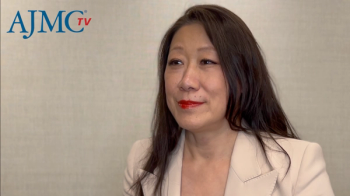
Although overall costs have not declined with the Oncology Care Model (OCM), supportive care costs have decreased through greater use of cost-effective therapies.

Vivek Subbiah, MD, considers artificial intelligence (AI) and comprehensive somatic and germline testing essential for guiding precision oncology and improving patient care.

Oncology pharmacists now work alongside providers to improve efficiency, patient education, and treatment outcomes, according to Scott Soefje, PharmD, MBA, BCOP.

Oncology care requires teamwork, support services, and careful planning to ensure effective, affordable, and patient-focused treatment, according to Brian Mulherin, MD.

Expanding community-based cancer services brings advanced treatments closer to home and addresses social determinants of health, says Kathy Oubre, MS.
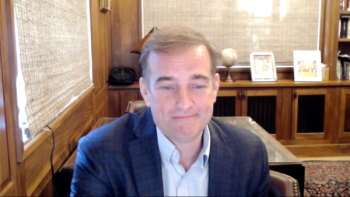
Davey Daniel, MD, shares strategies to prevent bias in artificial intelligence (AI) and outlining future opportunities for its adoption in precision oncology.

Oncology stakeholders are navigating new policies as the landscape quickly evolves, according to Ryan Haumschild, PharmD, MS, MBA, CPEL.

Artificial intelligence (AI) holds the potential to democratize precision oncology, but it must be implemented thoughtfully.

In a time of skyrocketing oncology drug costs, the role of pharmacists in managing patients’ treatment and keeping care in the outpatient setting is more urgent than ever.

Teamwork between primary care providers and oncologists helps patients get needed care and achieve better results, according to Mark Fendrick, MD, at the Patient-Centered Oncology Care (PCOC) conference.

Kathy Oubre, MS, discusses opportunities for community cancer centers to expand service lines without sacrificing care quality.

Broader integration of artificial intelligence (AI) in precision oncology depends on overcoming barriers such as trust and transparency, according to Davey Daniel, MD.

Patients with hematologic malignancies face ongoing survivorship challenges as providers struggle to coordinate care, according to Brian Koffman, MDCM, DCFP, FCFP, DABFP, MSEd.

Panelists discussed the ingredients of successful handoffs at the time of cancer diagnosis and ways to collaborate as screening capabilities evolve.
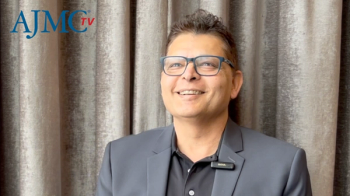
Consolidation in oncology is creating access and cost challenges, whereas advocacy helps improve patient care and treatment availability, according to Sucharu "Chris" Prakash, MD.

Oncology utilization management often frustrates patients and payers, but collaboration and artificial intelligence can streamline processes and improve care quality, according to Vishnukamal Golla, MD, MPH.

As therapeutic advances enable patients with cancer to live longer, greater attention is needed to support the goal of survivorship, starting at diagnosis.

Explore cutting-edge discussions on patient-centered oncology, value-based care, AI innovations, and survivorship strategies Thursday and Friday at PCOC 2025 in Nashville.

259 Prospect Plains Rd, Bldg H
Cranbury, NJ 08512
© 2025 MJH Life Sciences®
All rights reserved.
